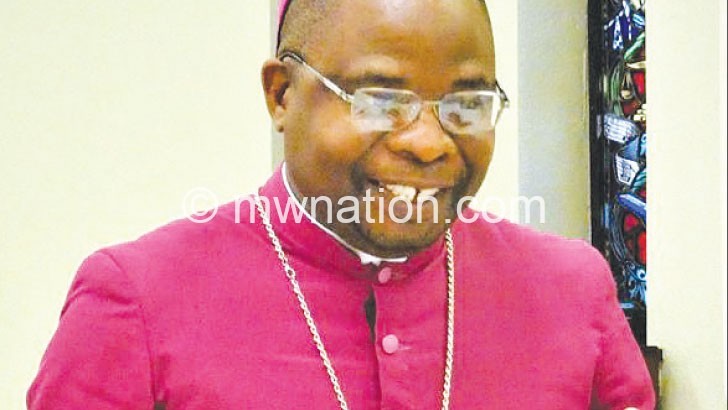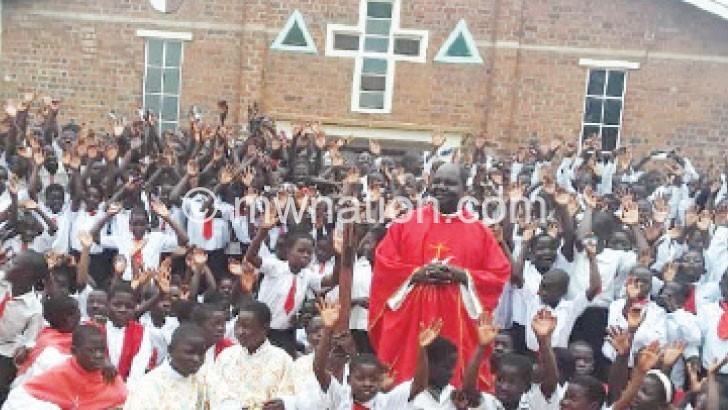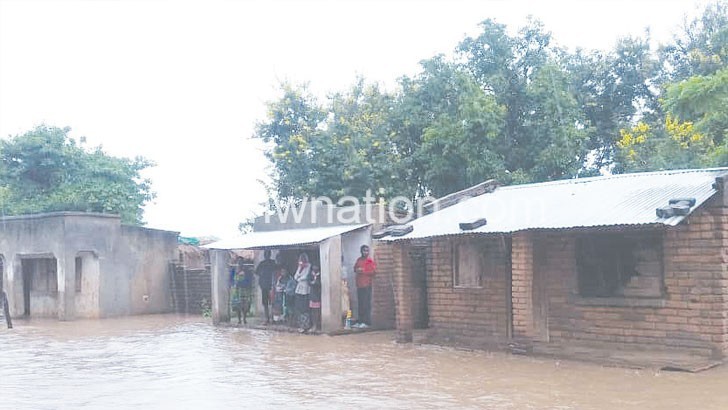When ancestors’ spirits rule

Benson Maluwa, 23, knows he is risking his life, those of his three children and wife through his continued stay on the land where his forefathers lived decades ago.
The land is prone to floods such that Maluwa, who comes from Tambo Village in Traditional Authority (T/A) Mbenje in Nsanje, is forced out of his house every time Shire River overflows.
He is a successful farmer in Tambo, but every year Maluwa relies on the benevolence of government and non-governmental organisations (NGOs) to supply his family with provisions when floods sweep his belongings into the river.
Each rainy season, he is forced to relocate to Bangula Trading Centre where he lives in rented houses until the water subsides.
Although he is a professing Christian, Maluwa believes that the spirits of his ancestors play a role in his life and fate.
That is why he and many others in the area return to the land after the water has subsided.
“I am not the only one who fears and respects the spirits of our ancestors here. Many people have high regard for their forefathers that they don’t want to offend them. That is why after rainy season, we all return to the land our ancestors left us,” he said.
Secretary of the Chikhwawa Diocese Catholic Development Commission in Malawi (Cadecom) Raymond Chimsale said Maluwa could be a victim of ‘spiritual amnesia’ emanating from loss of touch with their religious leaders.
Chimsale said worldwide the pulpit has proven to be the most effective tool for deepening believers’ trust in God to the level where their faith can transcend fear of spirits.
He said this is the reason the diocese is engaging religious leaders in its disaster preparedness and response project to help believers understand God’s will for them.
“Cadecom believes that no one can effectively glorify God in the face of imminent danger such as floods and hailstorms that usually leave households destitute. Even those who fear God most need an enabling environment to praise and worship their creator. Therefore, we have teamed up with religious leaders in sensitising believers to observe early warning signs to escape natural disasters,” said Chimsale.
He said the project, which is being implemented in Traditional Authorities (T/As) Tengani and Mlolo, is proposing the best practices for empowering disaster-prone communities by letting them develop their own integrated early warning systems.
Pastor Edson Falakezo of Buleya Pentecostal Assemblies of God said the Cadecom project has helped him to understand his role in protecting his members from natural disasters.
Falakezo said until the programme was launched early this year, he did not know that the Bible mandates the clergy to advise and give guidance to the faithful on issues that directly affect their livelihoods.
“As a pastor, I have to do all I can within my capacity to help my faithful escape any type of disaster. I don’t want to be answerable to God simply because I failed to warn people on imminent disasters that may to destroy their livelihoods,” he said.





